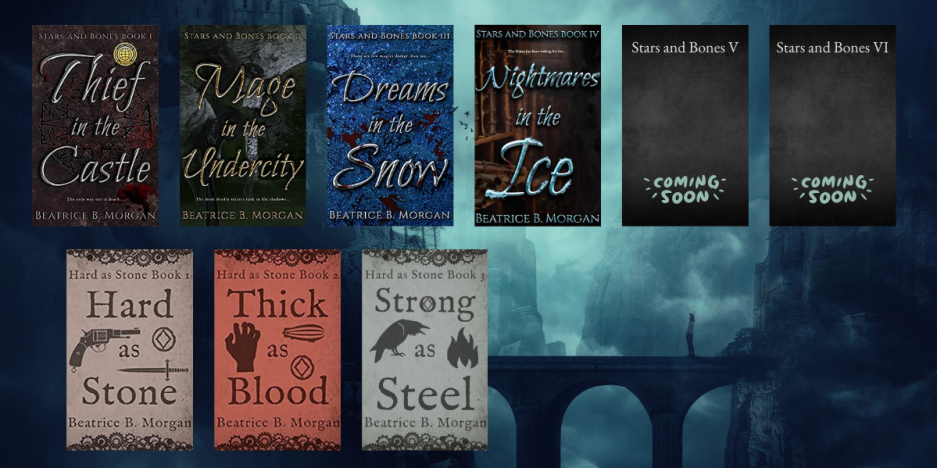Let’s take a moment to talk about writing, specifically, adverbs. Let’s start small: what is an adverb? It is a word that modifies a verb. (As opposed to an adjective, which modifies a noun). Here’s an easy way to remember that – adverb.
Adverbs often end in -ly. (Easily. Loudly. Badly.)
How many times have you been told to cut adverbs out of your writing? I know I tell other writers to watch out for adverbs, but the trick isn’t to cut out all adverbs. It’s using adverbs wisely.
Necessary adverbs occur when nothing is gained by the adverb’s modification.
Example: He snuck silently through the book shelves.
The verb sneak means to move without a sound. So in this sentence, the adverb silently only repeats what the verb is saying. He snuck through the bookshelves is a stronger sentence. It gets to the point faster without extra verbiage.
Example: She shouted loudly at the barista.
The verb shout means to be speak loudly. In this sentence, the adverb loudly only repeats what shouted has already said. She shouted at the barista is a stronger sentence.
A weak verb with an adverb can be replaced with a stronger verb.
Example: She walked.
Walk is weak verb; it is very basic. Sure, you can add an adverb to make it more exciting:
She walked briskly.
But, better than slapping on an adverb, you can use a stronger verb than walked. Aren’t sure which verb to use? There’s this nifty thing called a thesaurus. No, it’s not a dinosaur, it’s a book comprised of synonyms. There are several free thesauruses on the internet, just like dictionaries.
So, walked briskly can become stormed or stomped or strolled or paraded – depending on what emotion you want to imply with the character’s action.
Example: She stormed into the office.
This character is not happy; stormed suggests urgency, a problem.
Example: She sauntered into the office.
This character is in a good mood, maybe a little full of herself. She enjoys the attention she gets.
Example: He paraded through the office.
This character is showing off, looking for attention. He’s parading, and like a parade, he’s gathering attention.
I use adverbs when I’m too lazy or busy to think of a better verb. That’s something I do in every draft. I go through and strengthen sentences, eliminate words that don’t serve a purpose, and all that fun stuff. No first draft is perfect – to turn a first draft into a final draft, one must edit, edit, and edit.
This lesson applies to adjectives, too, but that’s another post.
